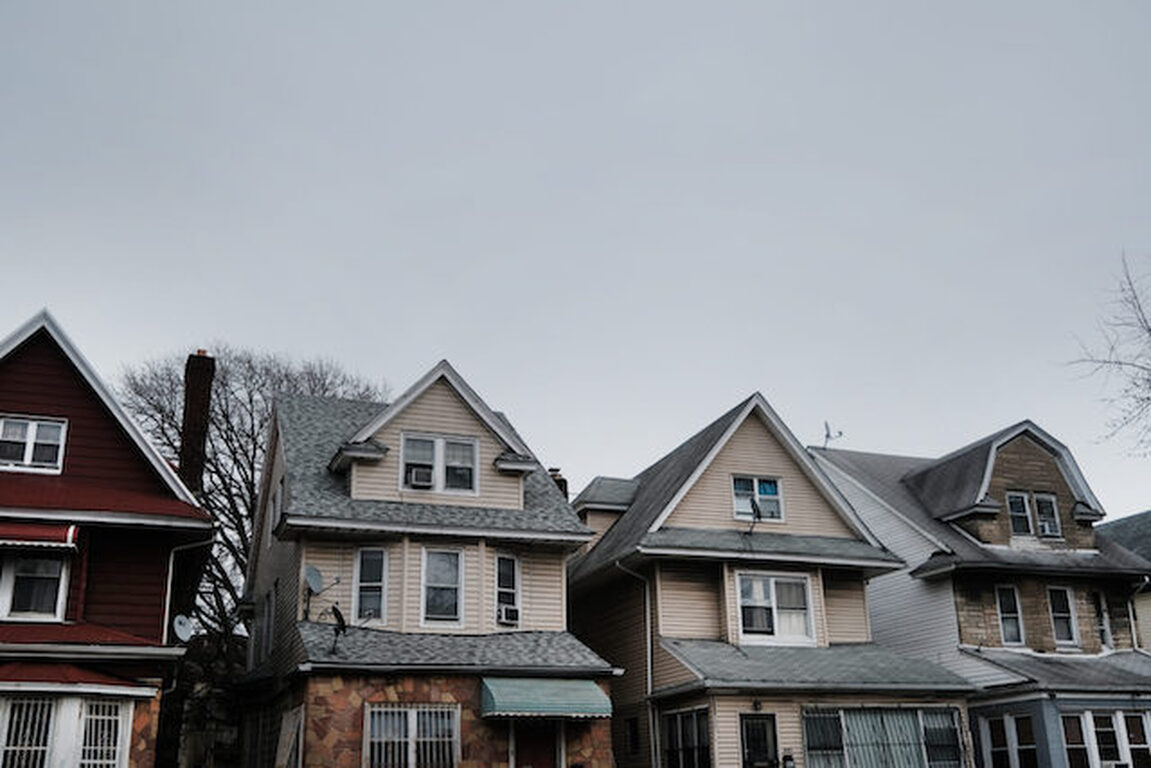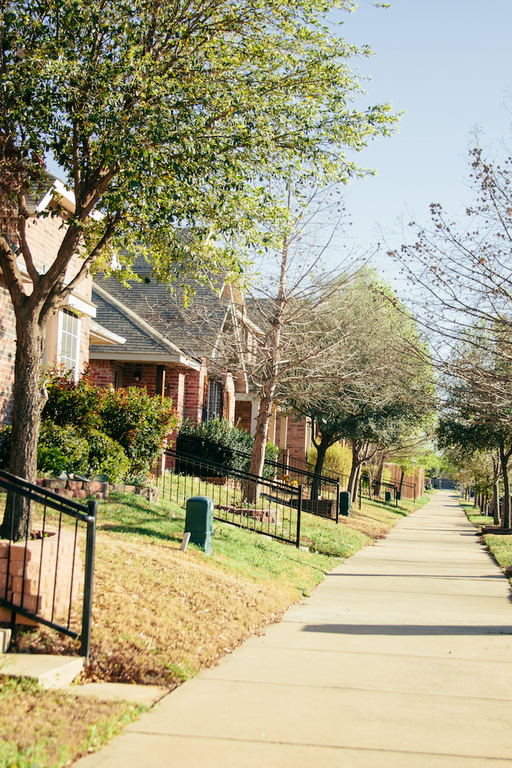Colorado Ranked Fourth for Business and Tourism
A new study from a major cable news network compared all 50 states in 10 categories that are featured in its economic development marketing materials to demonstrate why current and potential businesses should locate there, has ranked Colorado number four overall. The study weighed each category based on how states themselves emphasize it as a selling point, using criteria and metrics developed by a diverse group of business experts.
Colorado ranked number one overall for the quality of its workforce, which happened to be the number one factor on the network’s weighted list. Out of a total of 2,500 possible points overall, workforce accounted for 410, or 16 percent. The second most important factor, by weight, was infrastructure, where Colorado came in at number 16.
Colorado’s lowest ranking was for the cost of doing business, where it ranked 36th. Colorado ranked between 9th and 16th for its economy, life, health and inclusion, technology and innovation, education, and business friendliness. Colorado was ranked 34th in the cost of living category, which was one of the lower weighted categories in the study.
In another study from a national commercial real estate organization that ranked the number of tech talent professionals by major city, Denver was ranked 12th. The study noted that Denver’s growth in its number of tech workers has grown by 31 percent in just the past five years. The study also said that 5,000 workers relocated to Denver every year to work in the tech industry. In addition, over 32 percent of Denver’s population consists of millennials, which is 10 points higher than the national average, bringing energy to the market.
Denver also has a strong reputation as a live-work-play environment, making it not only a great place to work, but also a great place to live for many reasons, including it proximity to ski resorts. In tourism, Denver’s annual report stated that 31.7 million people visited the metro area last year, a 14.5 percent increase over 2020, and spent $6.6 billion. These numbers show nearly a complete recovery, closely approaching the record pre-pandemic statistic of 31.9 million visitors and $7 billion in spending in 2019.
Overnight visitation from the leisure market was particularly strong in 2021, hitting 14.8 million, a 27 percent increase over 2020. One area that has not shown as strong a recovery is business travel, which rose only three percent from 2020 to 2021.
Colorado ranked number one overall for the quality of its workforce, which happened to be the number one factor on the network’s weighted list. Out of a total of 2,500 possible points overall, workforce accounted for 410, or 16 percent. The second most important factor, by weight, was infrastructure, where Colorado came in at number 16.
Colorado’s lowest ranking was for the cost of doing business, where it ranked 36th. Colorado ranked between 9th and 16th for its economy, life, health and inclusion, technology and innovation, education, and business friendliness. Colorado was ranked 34th in the cost of living category, which was one of the lower weighted categories in the study.
In another study from a national commercial real estate organization that ranked the number of tech talent professionals by major city, Denver was ranked 12th. The study noted that Denver’s growth in its number of tech workers has grown by 31 percent in just the past five years. The study also said that 5,000 workers relocated to Denver every year to work in the tech industry. In addition, over 32 percent of Denver’s population consists of millennials, which is 10 points higher than the national average, bringing energy to the market.
Denver also has a strong reputation as a live-work-play environment, making it not only a great place to work, but also a great place to live for many reasons, including it proximity to ski resorts. In tourism, Denver’s annual report stated that 31.7 million people visited the metro area last year, a 14.5 percent increase over 2020, and spent $6.6 billion. These numbers show nearly a complete recovery, closely approaching the record pre-pandemic statistic of 31.9 million visitors and $7 billion in spending in 2019.
Overnight visitation from the leisure market was particularly strong in 2021, hitting 14.8 million, a 27 percent increase over 2020. One area that has not shown as strong a recovery is business travel, which rose only three percent from 2020 to 2021.


 Menu
Menu




